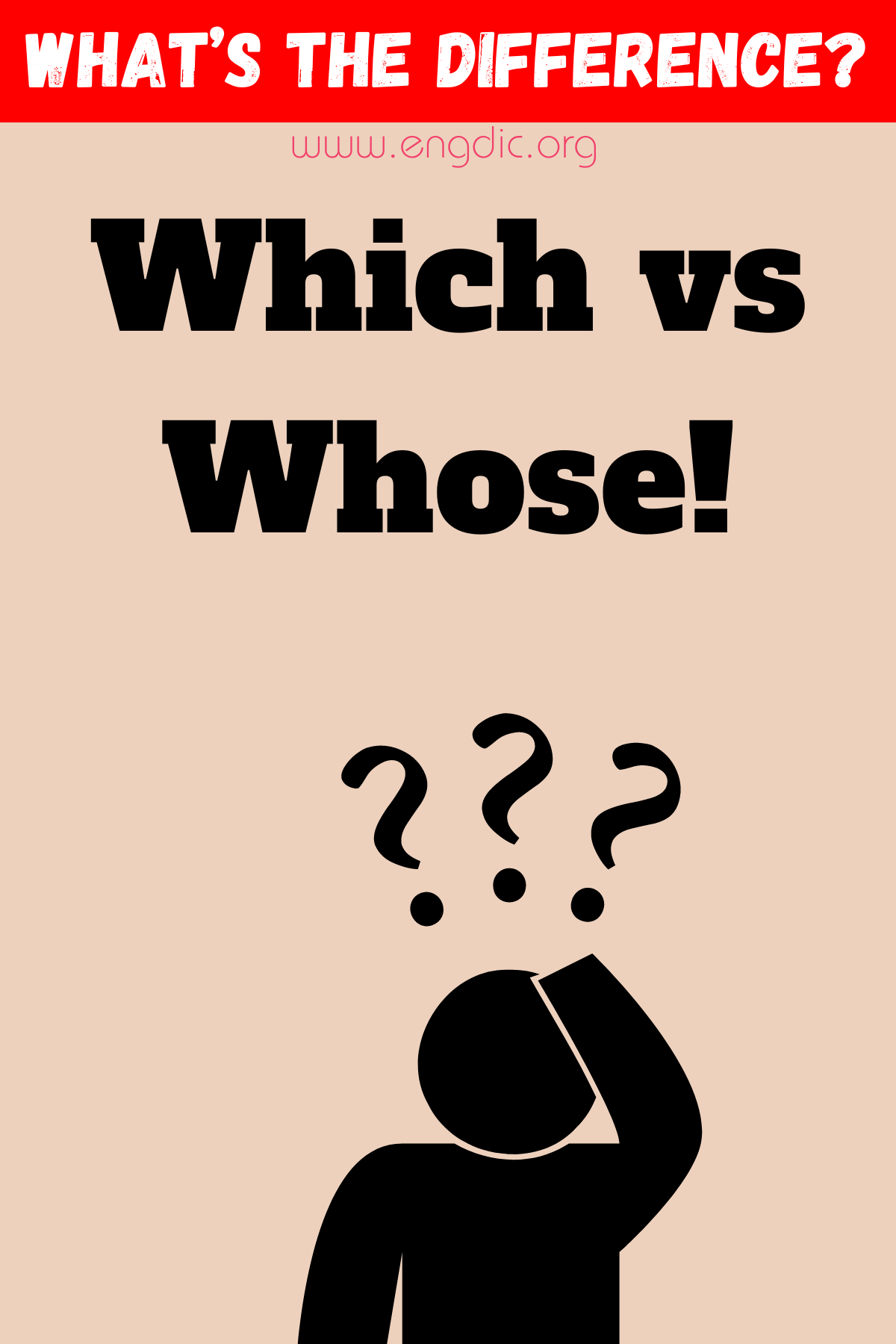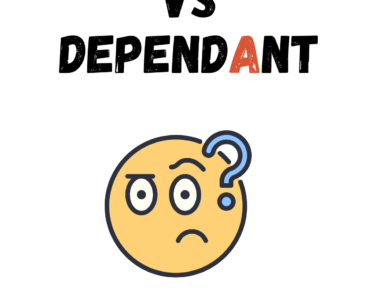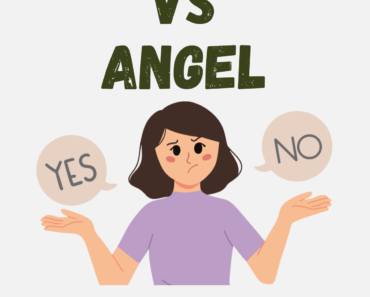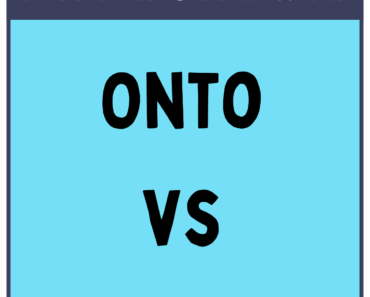“Which” and “Whose” are both relative pronouns used in the English language to provide additional information about a noun, but they serve different purposes. “Which” is used to specify one or more items from a particular set, applicable to things and sometimes to animals, while “Whose” is used to indicate possession or ownership, applicable to both people and things. Understanding when to use each can clarify your sentences, ensuring precise and clear communication.
Definitions and Usages
Which:
- Definition: “Which” is a relative pronoun used to refer to specific items, animals, or groups within a set that has been previously mentioned or is known.
- Usages and Examples:
- Non-restrictive Clauses: Used to add non-essential information about a noun. Example: “The painting, which hangs in the Louvre, is priceless.”
- Questions: Used to ask about specific items from a known set. Example: “Which of these books have you read?”
Whose:
- Definition: “Whose” is a possessive form of “who” (for people) and “which” (for things), used to show that something belongs to or is part of someone or something.
- Usages and Examples:
- Describing Ownership: Used to describe who owns something or has a particular quality. Example: “This is the artist whose work we admired last week.”
- Questions: Used to ask about ownership or association. Example: “Whose car is parked outside?”
By distinguishing these usages and applying the appropriate word, your writing can achieve greater precision and clarity.







